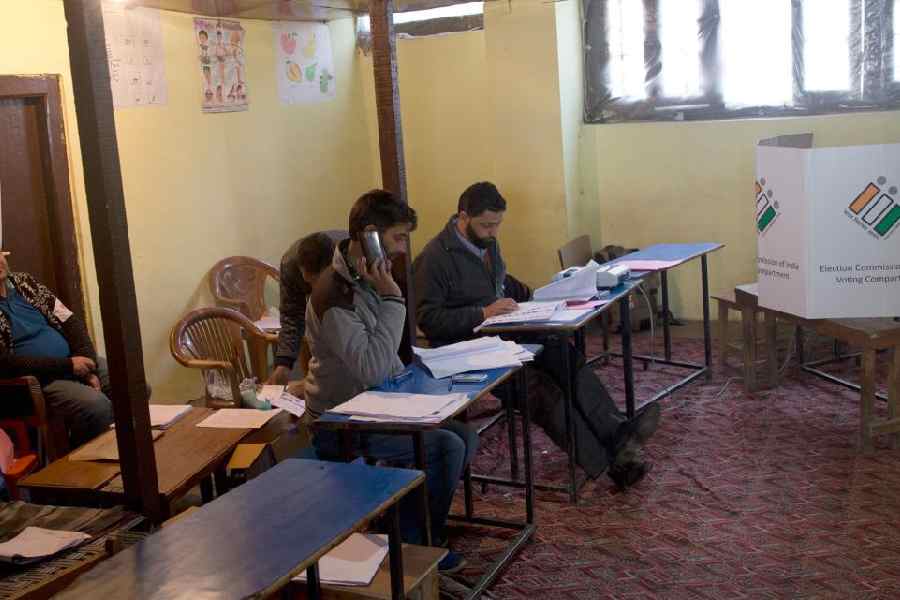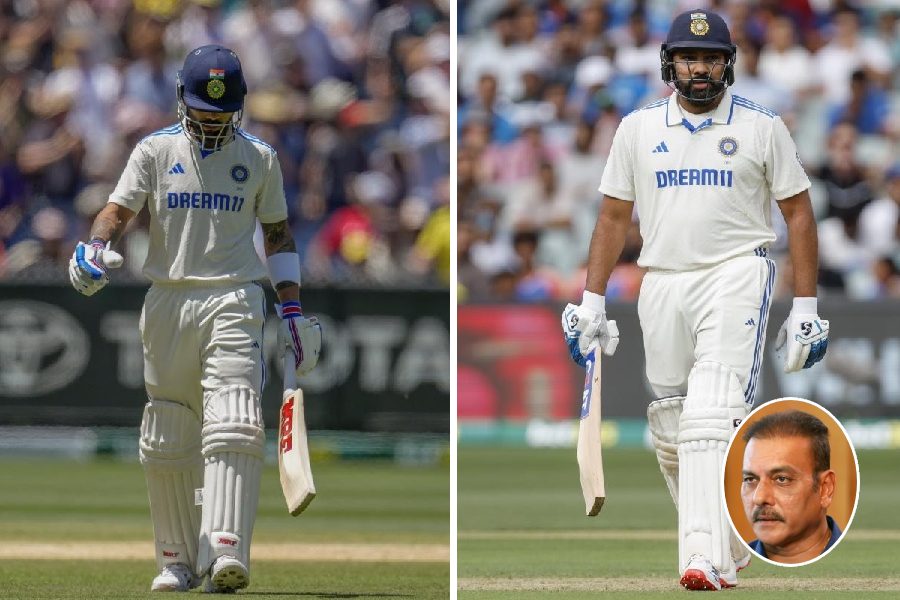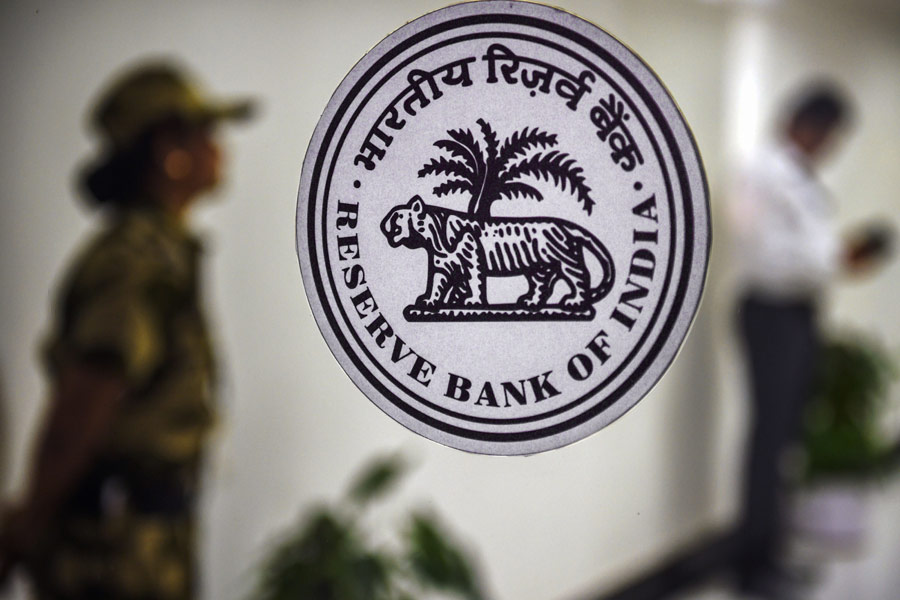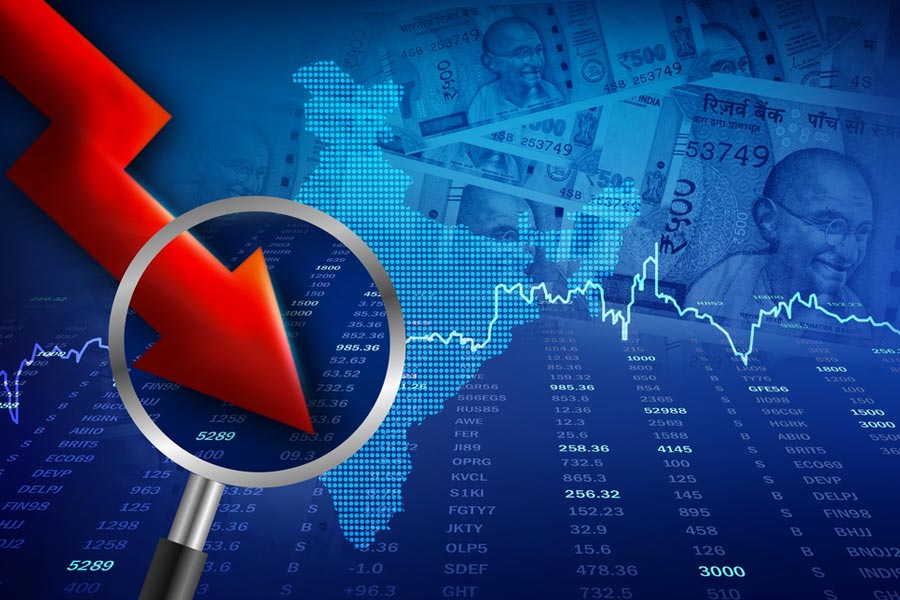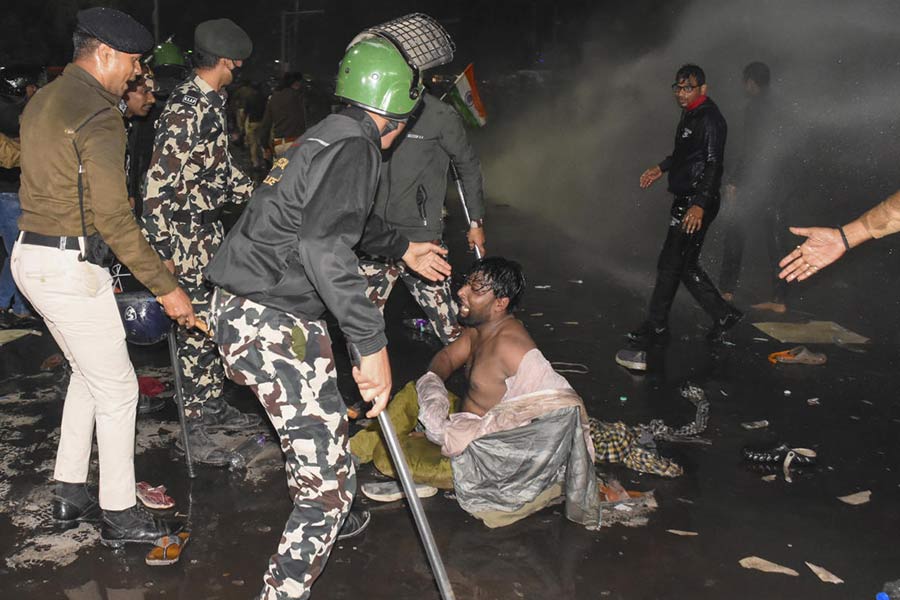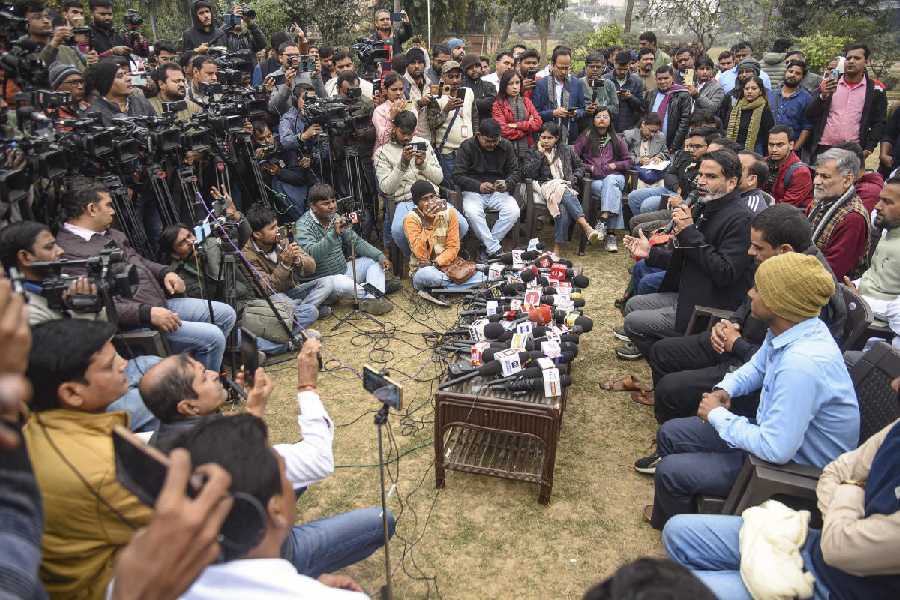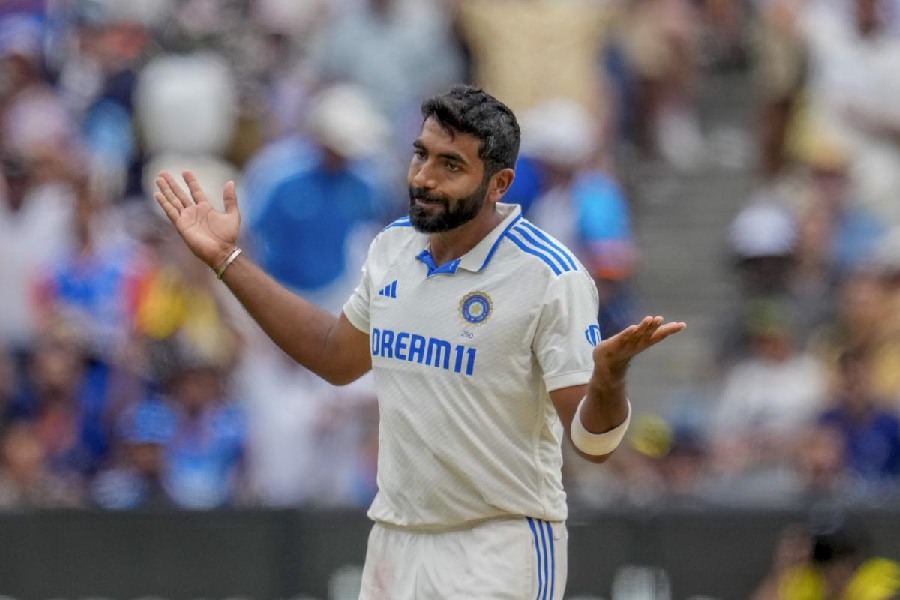The Congress and transparency activists castigated the Centre and the Election Commission on Saturday for a rule amendment they fear would allow the poll panel to withhold documents on the Haryana polls that a high court has directed it to release to an RTI applicant.
The Centre had on Friday amended Rule 93(2)(a) of the Conduct of Election Rules, 1961, inserting the words “as specified in these rules” relating to the production and inspection of election papers on a court’s orders.
The rule now reads: “Subject to such conditions and to the payment of such fee as the Election Commission may direct — (a) all other papers as specified in these rules relating to the election shall be open to public inspection…”
Election Commission sources said the amendment merely clarified an existing rule and was introduced to prevent the misuse of CCTV footage from inside polling stations.
While the existing Rules mentioned “papers”, they were silent on electronic records such as CCTV footage that were unavailable in 1961. In such situations, ambiguity might arise on whether terms such as “papers” should be interpreted as including electronic records such as CCTV footage.
The amendment came less than a fortnight after Punjab and Haryana High Court passed a favourable order on a plea from anti-EVM activist Mehmood Pracha demanding videography, CCTV footage and copies of Forms 17 C (Parts I and II) relating to this year’s Haryana Assembly polls. The BJP did unexpectedly well in the state amid allegations of electoral malpractice, which the poll panel has denied.
Almost all parts of the election process are videographed, including the checking of the EVMs, their storage, and the counting of votes in the presence of the candidates’ representatives. CCTV cameras are installed in all strong rooms, where the EVMs are stored, as well as at the counting centres and select polling stations.
Form 17C, Part I, records the number of votes cast at a polling station, and Part II records the number of votes received by each candidate. Under current practice, all the above are given to candidates or their representatives free of charge.
The Election Commission told the high court that Pracha’s demand was of malicious intent because he was neither a Haryana resident nor a candidate in the elections.
However, on December 9, the high court ordered the poll panel “to supply the copy of the requisite documents, other than the documents qua which a restriction has been imposed under the Conduct of Election Rules, 1961, within a period of 06 weeks of submission of such an application and deposit of the requisite charges by the petitioner”.
An Election Commission official said: “The Rule (93) mentioned election papers. The election papers and documents do not specifically refer to electronic records.
“In order to remove this ambiguity and considering the serious issue of violation of secrecy of vote and potential misuse of CCTV footage (from) inside the polling station using artificial intelligence by a single person, the rule has been amended to safeguard misuse of CCTV footage (from) inside of the polling station.
“Sharing of CCTV footage may have serious repercussions (e)specially in sensitive areas like J&K, naxal affected regions, etc where secrecy is important. Lives of the voters may also be at risk. All election papers and documents are otherwise available for public inspection.”
While CCTV footage does not show who a person voted for, it can reveal who turned up to vote. This itself can endanger a voter in some places in Chhattisgarh, where voters’ fingers are not marked with indelible ink to avert possible retribution from Maoist insurgents who might have called for an election boycott.
Pracha tweeted: “Despite suppression Truth shall prevail ultimately it will prevail sooner if opposition helps.”
He told The Telegraph that he was seeking similar data on the Maharashtra polls which, he hoped, would prove “the flouting of every provision of law” in the elections.
Pracha said: “The amendment won’t help the EC to hide information as any amendment is prospective and not retrospective, that is, they can’t change the goalpost for an ongoing case….
“Going by this logic (on protecting the identity of voters), the EC shouldn’t have any problem giving everything other than CCTV footage from the polling booths. Also, the amendments mention nothing about specific states that require this secrecy. The EC could take an undertaking from me to not share the footage that reveals the identity of voters.”
Congress MP and communications head Jairam Ramesh tweeted that the amendment would be challenged in court.
“If there was ever a vindication of our assertions regarding the rapidly eroding integrity of the electoral process managed by the Election Commission of India in recent times, this is it,” he posted.
“Sunlight is the best disinfectant, and information will restore faith in the process -- a reasoning the Punjab and Haryana High Court agreed with when it directed the ECI to share all information that it is legally required to do so with the public.
“Yet the ECI, instead of complying with the judgment, rushes to amend the law
to curtail the list of what can be shared.”
RTI activist Anjali Bhardwaj tweeted: “Huge setback for transparency!... Applications we filed under Rule 93(2) in May 2024 for copies of Form 17C still pending.”

